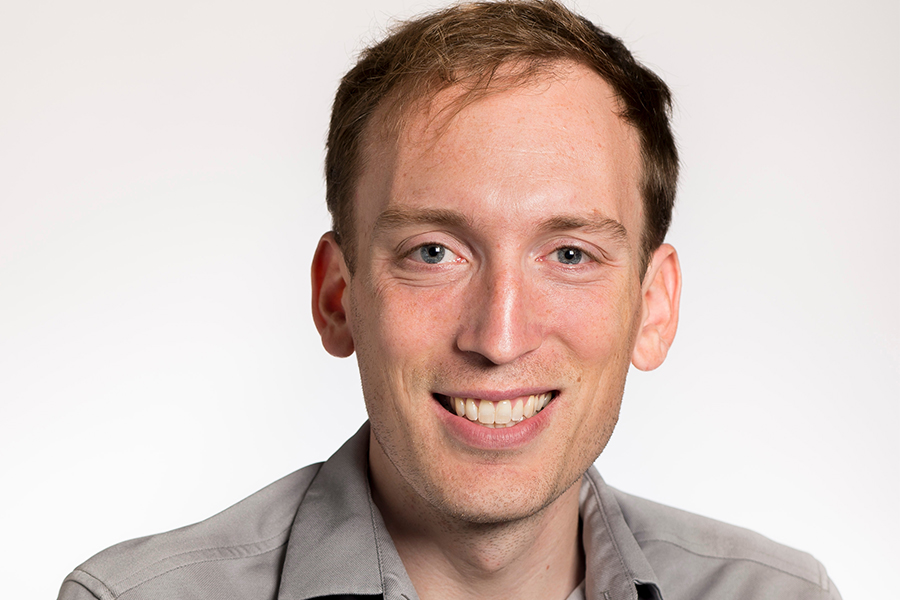
DOE Awards Team Including Ulissi $3.5M to Accelerate Supercomputer Simulations
The U.S. Department of Energy has awarded a team of researchers from Brown University, Carnegie Mellon University, Georgia Tech and MIT $3.5 million to develop machine learning software that will accelerate molecular simulations. The simulations will focus on electrocatalysis, a process that performs chemical reactions using electricity as a driving force.
These chemical reactions are important because they power renewable energy sources, like fuel cells and waste carbon dioxide utilization for fuels. Zachary Ulissi, a faculty affiliate at the Wilton E. Scott Institute for Energy Innovation and assistant professor of Chemical Engineering at Carnegie Mellon, will lead the CMU team.
The award will fund the team for four years, and they will develop and expand an open-source software they have already created.
“This grant is really exciting because it will give us time to go back and ask, ‘How can we make the software run faster, more efficiently, and use new hardware resources?’ This is the type of question that is important because AI and machine learning tools from the computer science field change so quickly,” said Ulissi.
He adds that these types of investments allow researchers to solve large material science problems.
“The sort of materials calculations we do, like modeling a metal surface and the reactions that happen on it, occupy something like 30 percent of all calculations that are made across the world on large supercomputers,” said Ulissi. “Because we have to model how bonds are breaking and formed, the calculations are really expensive. There is real industrial significance because it changes how we make catalysts for industrial reactors.”
As the team develops these methods and applies them to engineering applications, Ulissi says there are a lot of open questions about how to train engineers to do this work—how to bridge computer science and engineering.
“Something we’ve been thinking about is, ‘What is the set of skills, or set of approaches that we need to be teaching to Engineering graduate students in order to enable this sort of work in the future?’ CMU is the perfect place to ask these questions, and there’s an interesting opportunity to see what the best way to teach this is. We’re experimenting with this in the classes that we teach at the undergraduate, master’s and Ph.D. level,” said Ulissi.